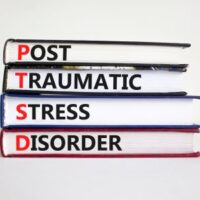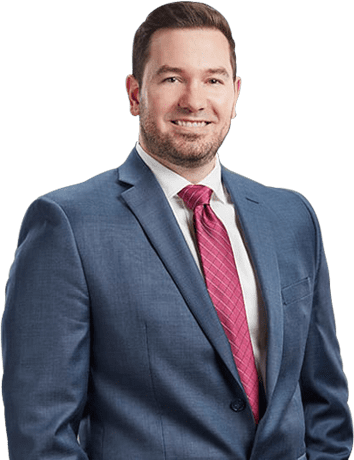The Five Kinds of PTSD

“Disorder” is a lightning rod word. Many people believe this D-word simply shifts responsibility for an unfavorable personality trait (e.g. it’s not your fault you have a bad temper; instead, you have IED (intermittent explosive disorder)). That may be true in a few cases. But that’s certainly not true regarding Post Traumatic Stress Disorder. Extreme stress disrupts the brain’s chemical makeup, much like an EMP (electromagnetic pulse) disrupts electrical devices.
Usually, brain injuries like PTSD are completely disabling. A combination of medication and therapy might sufficiently reduce these symptoms and enable the victim to function in everyday situations. However, PTSD drugs are so strong many people cannot tolerate them, and therapy is a hit-or-miss proposition. A Carlsbad brain injury lawyer stands up for victims throughout the entire medical and legal process.
Normal Stress Response
A non-life-threatening yet stressful situation, like a divorce or job loss, only slightly alters the brain’s chemical composition. Therefore, the symptoms are manageable, often without strong medication or intensive therapy. These symptoms include:
- Depression,
- Nightmares,
- Anger,
- Hypervigilance, and
- Flashbacks.
The chemical alteration affects the amygdala and hippocampus. Stress increases the amygdala’s volume. This part of the brain controls emotional response. Because of this expansion, the hippocampus (logical responses) contracts. This latest science clearly establishes the physical nature of a PTSD injury.
Acute Stress Disorder
Many people develop ASD in the wake of a non-life-threatening situation that they perceive as life-threatening. People who are caught in hurricanes, earthquakes, and other natural disasters are likely ASD victims.
Once again, the symptoms are manageable, often with a negligible amount of medication and therapy. Many ASD victims need prescription tranquilizers and a few months of once-a-week group or individual therapy sessions.
Uncomplicated PTSD
Don’t let the name fool you. Uncomplicated PTSD is one of the most severe forms of PTSD. It’s also one of the most common forms. As many as 50 percent of car crash victims struggle with uncomplicated PTSD. A one-time severely stressful event, like a serious crash or fall, causes this condition.
Unike NSR or ASD, uncomplicated PTSD never goes away on its own and is always difficult to treat. The good news is that some combination of medication and therapy usually allows people to function. Finding the right combination is normally a long and frustrating trial-and-error process, during which time victims are essentially nonfunctional.
Complicated PTSD
This condition is very similar to uncomplicated PTSD in many ways. Instead of a one-time stressor, the cumulative effects of multiple NSR/ASD-type issues causes complicated PTSD.
Significant differences exist as well. For example, complex PTSD is a little more intense than uncomplicated PTSD. For example, individuals with complex PTSD can be diagnosed with borderline or antisocial personality disorder or dissociative disorders. They exhibit behavioral issues, such as impulsivity, aggression, substance abuse, or sexual impulsivity. They can also exhibit extreme emotional issues, such as intense rage, depression, or panic. These severe side-effects usually have independent consequences.
Legally, an Oceanside personal injury lawyer can obtain maximum compensation for complicated PTSD victims, even though a pre-existing condition contributed to the severity of their injuries.
Comorbid PTSD
This condition is the next step up from complicated or uncomplicated PTSD. Many victims self-medicate with alcohol or drugs to control the aforementioned symptoms. In the short term, this approach usually works. However, as victims become addicted to the self-medicating substances, their mental and physical conditions quickly deteriorate.
Comorbid PTSD is extremely difficult to treat because the two issues, PTSD and substance addiction, are intertwined. These victims usually require extensive hospitalization or other inpatient care.
Connect With a Hard-Working San Diego County Lawyer
Injury victims are entitled to substantial compensation. For a free consultation with an experienced personal injury lawyer in Oceanside, contact the Pursley Law Firm. Virtual, home, and hospital visits are available.

